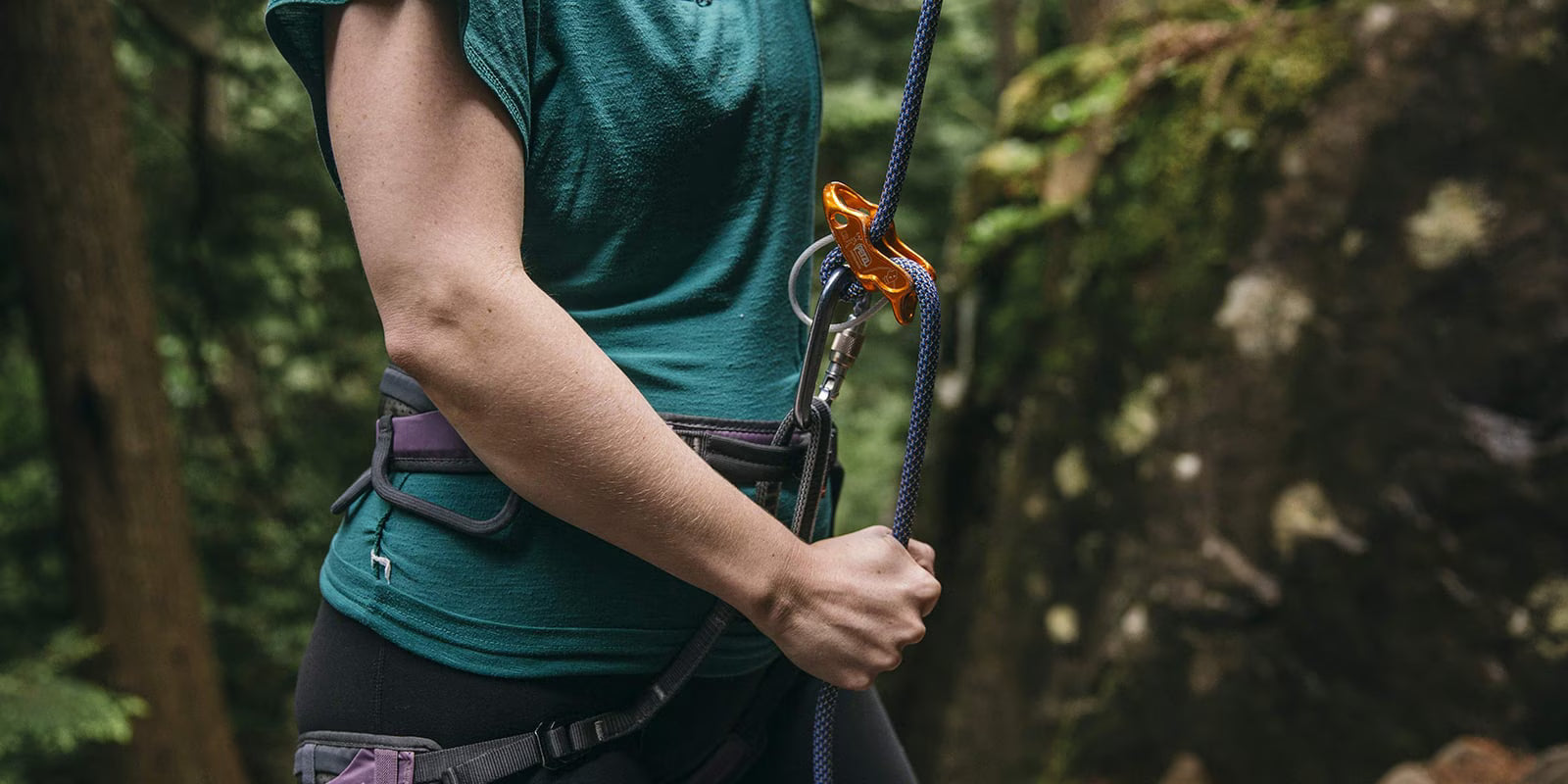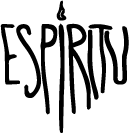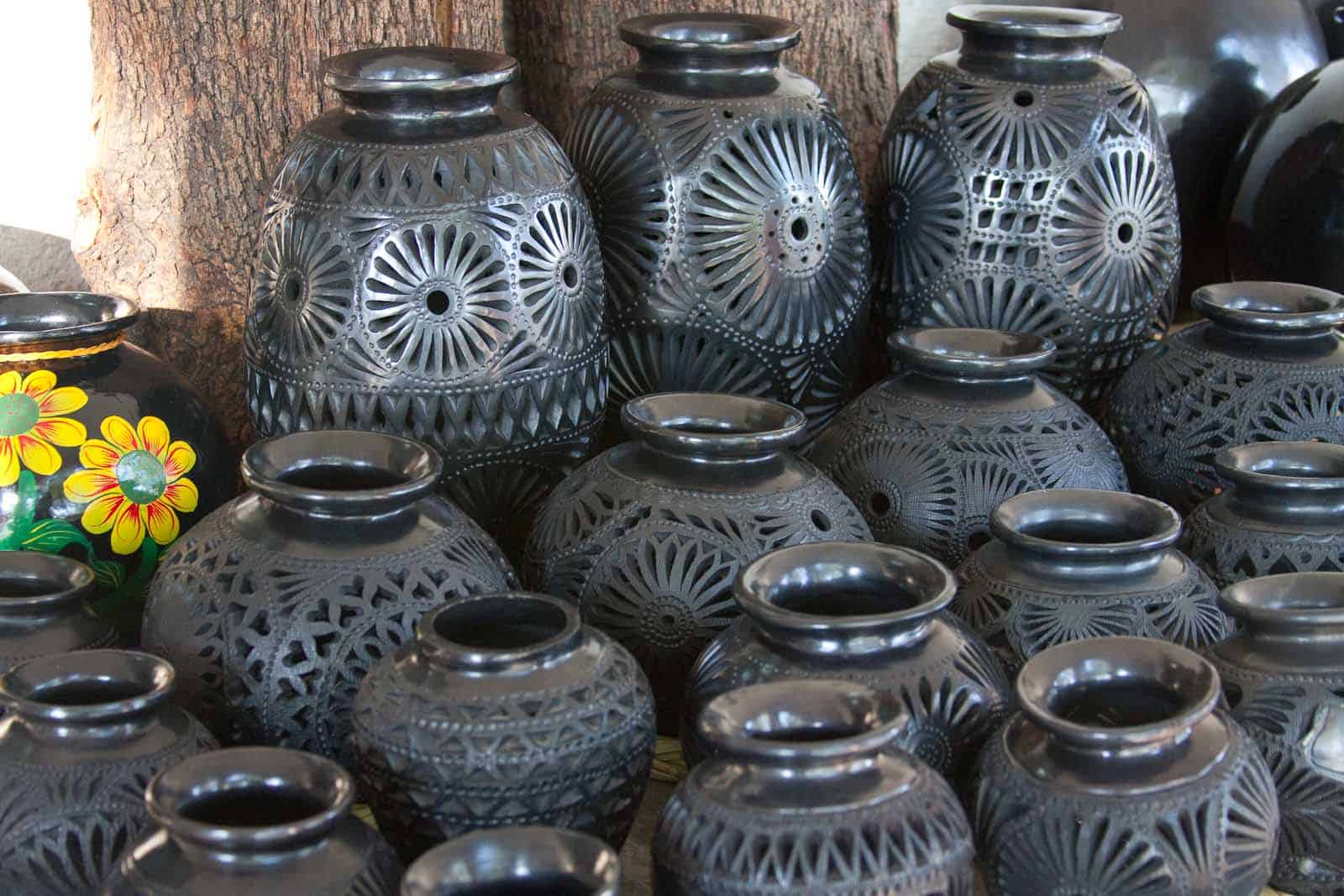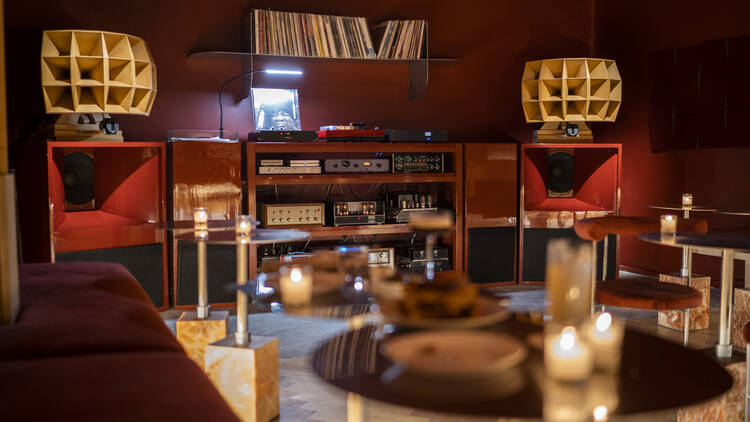
Climbing as a New Trend: Training for Body, Focus—and Why Rest Is Part of the Practice
Climbing has outgrown the stereotype of “just arms.” Today it’s a full-body, mind-aware practice: strength + mobility + problem solving + community. If you want a sport that trains your body and tidies your mind, here’s a clear starting point in CDMX.
1 · What climbing means in 2025
Modern indoor climbing blends conscious movement (hips close to the wall, precise footwork) with route reading (seeing sequences, saving energy) and calm under pressure. The obvious benefit is pulling strength; the underrated one is mental regulation: breathe, decide, try again.

2 · The main disciplines
- Bouldering: lower walls (approx. 4–5 m) with thick pads, no ropes. Short, powerful routes that sharpen technique and confidence.
- Top rope: a rope already runs through an anchor above you—ideal for learning safety systems and pacing.
- Lead: you clip the rope as you climb; it adds decision-making and fall-management skills. Best after a base in top rope.

3 · Mastery (“dominio”)—beyond topping a route
Mastery is a triangle: body control (quiet feet, efficient hips), mind control (tolerate uncertainty, manage falls), and visual control (read sequences, find your flow). That triangle follows you off the wall: patience, breath, and focus for everyday life.

4 · Where to climb in CDMX (examples)
- Adamanta — multiple locations (Escandón, Del Valle, Satélite, Santa Fe). Intro classes and day passes. (Search: “Adamanta escalada CDMX”)
- V+ Bouldering — a pioneering bouldering gym with playful wall shapes. (Search: “V+ Bouldering CDMX”)
- The Wall (Patriotismo) — one of the tallest rope gyms in the city; top rope and lead. (Search: “The Wall Patriotismo escalada”)
- Levita Climbing (Roma Norte) — neighborhood bouldering with a pro shop feel. (Search: “Levita Centro de Escalada Roma”)
- Rock Solid (Coyoacán) — south-side bouldering, community-driven vibe and classes. (Search: “Rock Solid escalada Coyoacán”)

5 · Getting started (and staying safe)
Basics: climbing shoes (“pies de gato”) with a snug fit, chalk, water, and clothing that lets hips/shoulders move freely. Ask about beginner sessions: you’ll learn safe falling, belay commands, and how to warm up fingers and calves properly.

6 · Wellness that sticks
- Functional strength: pulling, pushing, and core under bodyweight.
- Focus training: each attempt is a tiny puzzle—attention improves naturally.
- Community: progress compounds in groups; motivation is contagious.

7 · Rest is training: recovery you can feel
Climbing loads fingers, forearms, and calves. Active rest (easy walking, light stretching, real sleep) is what turns a hard session into progress. The walk home matters too: a lightweight, breathable shoe lets feet cool and relax after tight climbing shoes—think flexible sole, easy on/off, and open uppers like our Espiritu Slip-Ons.
For commutes or rest-days, a pair of airy huaraches helps feet recover between sessions. Explore versatile pairs here.




